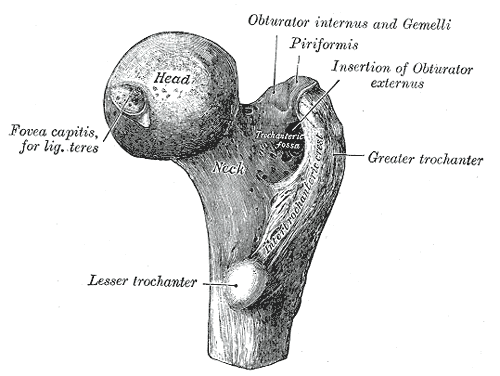“Describe a significant experience, achievement, or risk that you have taken
and its impact on you.”
Do you remember how it felt to hit that kind of prompt at the top of your college application? Or maybe you don’t need to remember. Maybe you’re like me, and you scan across that sentence, and something clicks inside, and next thing you know you’re in Bullshit Mode. Ok. It’s like that. I’m just here to say what I’m supposed to. You don’t really care what I really think.
I had the same kind of feeling, over and over these past few months, as I talked with my seventeen-year-old about her own college essays. I saw again the way these questions can pull you, like some black hole of bad expectations, into a way of thinking about yourself and what you’ve done. How they set the rules you’ll be playing by: what counts as “significant,” what sorts of risk are right to take, which kinds of impact are worth having.
But it’s not just college essay questions that push around the people they’re pointed at. Every time we start a conversation--especially when we’re the ones asking the questions--we choose the rules by which it’ll run. We make up the role we’ll play and lay out another one for the person we’re talking to. By the words we choose and the way we put them together, we signal the kind of person we are: Excuse me, ma’am, may I trouble you for directions? And we ask the person we’re addressing to be a certain kind of person back. Where can a guy get a drink around here? We let them know who’s got the power, what’s in-bounds and what’s out, how far to go and where to stop. Employees must wash hands. We let them know where they stand in this relationship, and signal what kind of questions they get to ask back.
In the business world, the voice we choose shapes every touchpoint we create with our customers. There’s look and feel...and also tone—the kind of “person” we present as. The kind of person we invite our customers to be, in response.
I got a call awhile back that solved the problem of voice in exactly the wrong way. A recruiter wanted to get a reference on a former colleague, and though I answered every question she asked, she learned almost nothing from the 20 minutes we spent on the phone. Partly it was the questions she asked; partly it was the way she responded to my answers; partly it was a million ways she signaled that this would be the kind of conversation you need a jacket and tie to get into—where everybody talks politely and not much gets said.
It didn’t take long to see where things were heading, maybe as soon as she asked for my assessment of Pam’s capacities for taking initiative. So I was pretty clear on the rules we’d be playing by--the kind of conversation this was supposed to be--by the third time she said perfect in response to whatever I said. Maybe she figured “positive" feedback would encourage me to keep talking. Maybe she thought she was making me feel comfortable. But what I actually felt was ignored: as though she didn’t really want to find out what I really thought, and just wanted to fill the blank under each question on her list. Perfect.
By the time she asked me how I’d characterize the candidate's strengths as an employee, it seemed like I was the only one left in the conversation--like she’d just stepped out for a smoke, and it was just me and a list of questions that’d been passed down from one recruiter to the next, armchairs wrapped in plastic that nobody had ever sat in.
She wanted to know how Pam had interacted with senior executives during situations of significant stress and, for a moment, I remembered Pam telling off one of the VPs who’d asked her to stay late. But then I remembered where I was, and stuffed back my memory into that same place that off-color jokes get put when you look up and remember you’re at your grandma’s.
Afterwards, I wondered what would’ve happened if the recruiter had opened with a question that showed she truly wanted to hear what I had to say--instead of stock questions that asked for stock answers. If she’d started off with So, what do you think of Pam? It would’ve been harder, I think, not to say at least a little of what I was thinking. Or if she’d hit me with her last question at the very beginning: if you had the chance, would you hire her again? Especially, If she’d asked a little like a bartender asking What’re you drinking? Maybe then I would’ve let myself slip into that moment she wanted me to imagine: when I’m looking at Pam’s resume and trying to decide if she’s the best person I could find for the job.
Back when I was single, a friend told me that brunch was the best place for a first date. The room’s brighter than a bar, there are families around, and it’s early in the day, so there’s no pressure about what’s going to happen afterwards. Conversations work the same way: we invite someone to meet us in a certain type of place, and each comes with a specific set of rules for what can happen there. Stiff and formal; friendly and straightforward--the way we ask our questions makes room for certain kinds of answers, and lets the person we’re asking know what kind of person we’re looking to meet.


